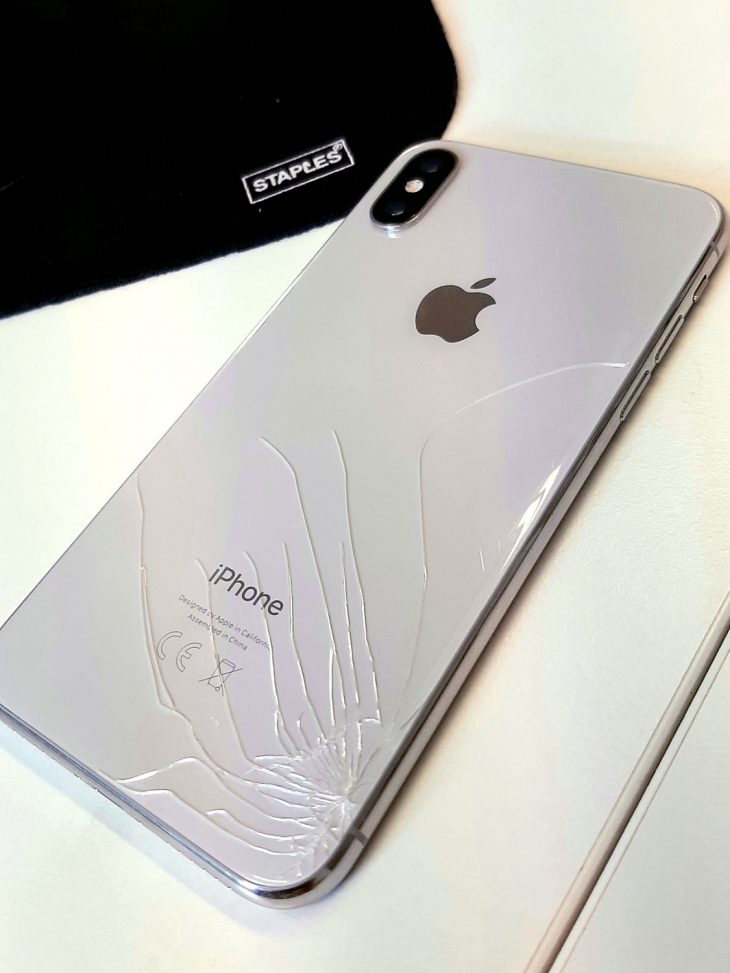
Consumerism is a difficult choice
Vol 25, Issue 08, 11 November 2022
In marketing, the whole ethos is to promote consumerism and convince the public that new products need to be purchased, old products need to be replaced or updated, and that services need to be consumed. Economists will also tell us that consumerism is needed to keep economies running. So, when we think of all of those new and updated products that are being produced by manufacturers, and all of the purchases consumers make that are maybe unnecessary, what happens to all of the existing products that become outdated or simply no longer needed? There is only so much room for the things we own before they have to be moved on somehow. Should we be looking for alternative products or putting existing products to new uses?

Sustainability is probably one of the most discussed topics in manufacturing today, not only for the usage of raw materials, but also in relation to the general need for constantly manufacturing products that are purchased by consumers. Many people are looking for the newest and latest product releases to replace their existing products and do not really stop to think about whether they actual need to replace something that is still functioning perfectly well. We see this happening often for example, with the latest release of a new iPhone model – people queuing for hours to be the first in line to get the limited initial release before they sell out – even though their current iPhone is maybe less than a year old.

Fashion also has had a fiendish role in this trend of frenzied consumerism – the latest fashion trends are portrayed for the world to see and to be “in” you need to follow suit. Even if one doesn’t follow the latest high fashion through expensive designer wear, high street fashion houses are bringing out similar models for those that want to follow the trend on a more consumer friendly budget. Even not following trends, but rather purchasing new clothing simply because you desire something new is a crime against sustainability. Even in Finland, people are discarding almost 100 million kilograms of clothing each year! Is it all necessary? I understand we need to have decent clothing to wear, but are the clothes we replace really that worn out? Also, who’s fault is this? I remember buying denim jeans in the late 1970s and early 1980s, and they lasted many years and sometimes took many years to actually break in until they were nice and comfy. Nowadays you are lucky if a pair of denim jeans lasts you six months before the seams start coming apart. So, should we blame manufacturers for poorer quality production processes or lower quality raw materials?

However, there is a case to be said for replacing items and still being responsible to the planet. We have seen this in the change to low energy LED lightbulb technology replacing existing high energy consumption tungsten lighting – although waiting for existing bulbs to wear out before replacing them would be maybe less harmful on the environment – but then on the other hand your energy consumption would stay higher until you change… swings and roundabouts maybe. There is an interesting topic that I first came to understand in the late 1970s called Planned Obsolescence after reading the book Design for the real world, by Victor Papanek as part of my design and technology studies – I was so interested in the topic at the time that I even wrote a dissertation on it. There is a very good video available via youtube called the Lighbulb Conspiracy, aka Pyramids of Waste, directly relating to the topic, I encourage you to check it out (video with Eng subtitles, and with Fin subtitles). Also, changing your high milage, heavy fuel consuming vehicle to something such as a hybrid or all electric vehicle is seen to be immediately beneficial as to lowering your own carbon emissions, but production of electric vehicle batteries is also harmful to the planet using up valuable resources. And what then happens to your old vehicle? Does it go for recycling, or will it stay on the road with a new owner?

As a marketer and consumer, I have to say that we will probably never see an end to constant unnecessary purchasing (until we live in a future world of matter replication, aka Star Trek – although we are almost there with our digital printing technology), but we should be looking at more responsible and sustainable purchasing from companies that are responsible and sustainable themselves in their own purchasing and manufacturing processes. As consumers we have a choice – albeit sometimes limited – but a choice to buy or not to buy, that is the question?
- First impressions last – dress to impress for an interview - 15th November 2024
- If we had true unity, could Europe be run like a Business? - 27th September 2024
- BIP – Rijeka, Croatia - 13th September 2024
